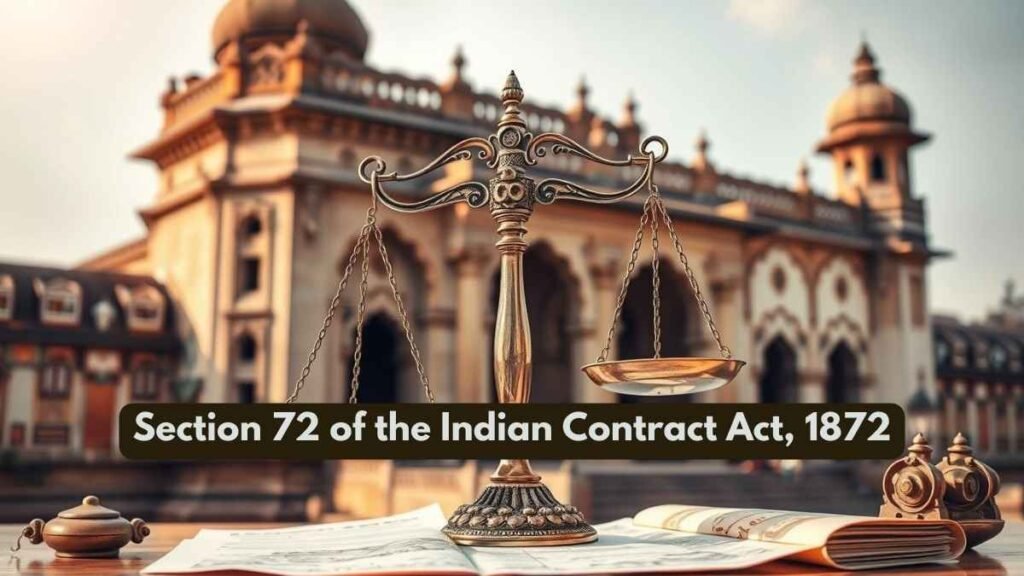Section 39 of CGST Act: Furnishing of Returns
The Central Goods and Services Tax Act, or CGST Act, sets rules for GST returns. Section 39 is key in this process. It says every registered person must file a return online. This includes details like inward and outward supplies, input tax credit, and tax paid. Knowing Section 39 well is important for businesses. It […]








